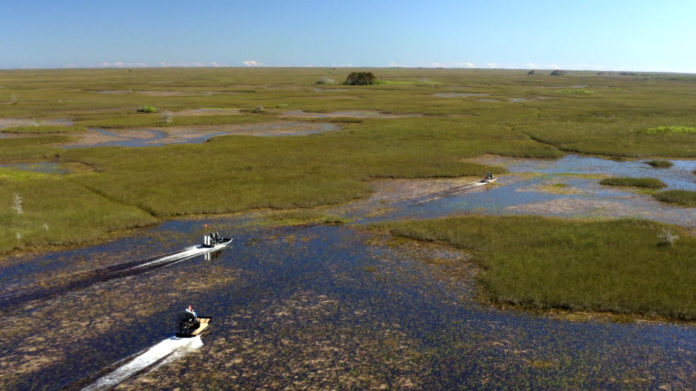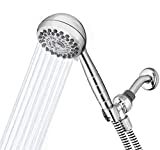Welcome to the latest installment of the Wednesday Wake-Up Call, a roundup of the most pressing conservation issues important to anglers. Working with our friends at Trout Unlimited, Backcountry Hunters & Anglers, the Theodore Roosevelt Conservation Partnership, The Everglades Foundation, Captains for Clean Water, Bullsugar.org, and Conservation Hawks (among others), we’ll make sure you’ve got the information you need to understand the issues and form solid opinions.
If you know of an important issue–whether it’s national or local–that anglers should be paying attention to, comment below, and we’ll check it out!
1. Lake Okeechobee Management in Focus for the Everglades
As the U.S. Army Corps of Engineers finalizes the Lake Okeechobee System Operating Manual (LOSOM), it is imperative that any new plans deals with damaging water releases down the Caloosahatchee River. These releases cause irreparable harm to the estuaries along the western coast of Florida, threatening sea life and public health. The folks at Captains for Clean Water have created a simple form to allow you to make your voice heard on this issue.
Click here to send your message to the US Army Corps
Further reading:
2. How Climate Change Will Affect Fishing
The weather around the U.S. has been insane over the past few month–from sever drought in the West to flooding in much of the East. Although it’s difficult to link any single weather event to climate change, there’s no doubt that our weather patterns are changing. A powerful article by Christopher Solomon in National Geographic explores what the future holds for fisheries across the continent.
Around the United States, less winter snow now falls in the mountains, snow that feeds rivers and streams throughout the rest of the year. Winter snows arrive later in the season and melt earlier: In the northern Rockies, where Hutcheson lives, peak snowmelt in the spring occurs two to three weeks earlier than in past decades. Less water in a river or stream means less places for fish to live, which limits their population. In the Northeast and Midwest, much more rain now falls during heavy downpours that scour streams of eggs and young fish.
It’s a sobering view at the macro problems our waters face, and it should cause all of us to pause and think about what we can do to help.
Click here to read the full article on nationalgeaographic.com
Further reading:
3. The Fight to Save the Owyhee River and Surrounding Landscape
The Owyhee River in eastern Oregon has long been prized for its great fishing for brown trout and bass, it’s incredible canyon, and a landscape that supports wildlife prized by bird and big-game hunters alike. But like many places in the West, the area is in danger from being loved to death. A coalition of conservationists–including some unlikely allies from groups that historically have not seen eye-to-eye–has come together to protect the Owyhee region. The broad coalition might even be a case study of collaboration in a country that feels more divided than ever:
In response to these varied threats, people from varied backgrounds, demographics, occupations, and motivations—and from groups that historically have not seen eye-to-eye—have banded together to protect an area of which they all feel fiercely protective. Backed by environmental groups including The Conservation Alliance, this broad coalition includes activists, ranchers, tribal members, small business owners, nature lovers, hunters, and more. The collective result is real hope that the Owyhee will receive the protection the region’s advocates say it needs and deserves.
Click here to read more on Means & Matters.
Credit: Source link






























